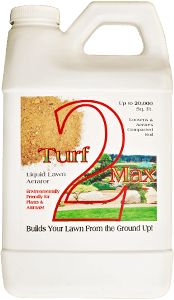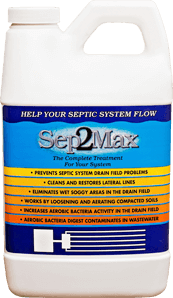A properly designed and maintained septic system should provide a long-term and an efficient treatment of household wastewater. However, if the system is not maintained, the owner may be facing a huge cost for replacement or at the minimum costly repairs.
The last thing a person needs is to deal with is a malfunctioning system that is contaminating the groundwater.
Periodic Inspections
Septic tank care must include both the tank and the leach field. To prevent excess buildup, sludge and floating material must be removed in the septic tank. Periodic inspections and removal of the solids in the tank via pumping are very important to keep your septic system in optimal condition.
Most professionals recommend that the normal septic system be inspected at least every 3 years and the tank pumped as recommended by the inspector. Typically this should be every 3 to 5 years.
Frequency of Pumping
Normally if the top of the scum layer is within 12 inches of the bottom of the outlet tee your tank needs to be pumped. Inspections should also include checking for any leaks.
Factors that affect the frequency of pumping include the number of people in your household, the quantity of wastewater generated, the volume of solids in the wastewater, and the septic tank size.
Be sure the pumping company documents any repairs needed and/or completed. If repairs are recommended, be sure to take care of them as soon as possible. This could prevent a major expense later. Also, any documentation that you get could become critical if you decide to sell your home.
Best Management Practices
The following are some recommended best management practices to help reduce potential problems with your septic tank system.
- The average use per day per individual is about 65 gallons. Leaks in the water system such as a toilet can add from 100 – 200 gallons per day.
- Consider using high-efficiency toilets, showerheads and The new efficient washers use up to 50% less water than the standard models.
- Less household water can be used without sacrificing a quality lifestyle with good planning and smart choices. Water conservation improves the overall performance of the septic system and certainly help reduce the risk of drain field saturation and/or failure.
- Plant only grass over and near your septic system. Deep-rooted plants such as shrubs, some perennial plants, and trees could block or damage the leach field.
- Do not drive or park any vehicles over any part of your septic system. This will cause soil compaction in your leach field and damage the tank or the pipes.
- Divert any water runoff away from the leach field. Flooding slows down or stops the treatment process in the leach field.
Following a regular schedule for septic tank care will help ensure an optimum system and most definitely peace of mind. We recommend adding Sep2Max, a septic system treatment like no other in the world.

